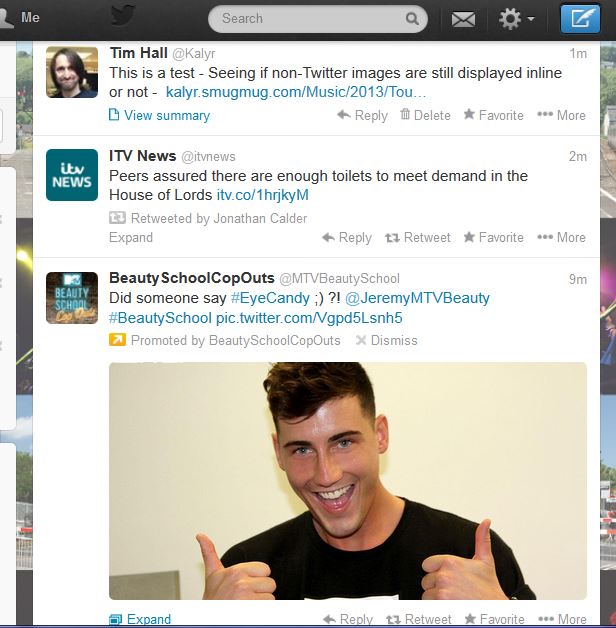Vocativ thinks it is, using disease epidemics as a parallel.
Like the bubonic plague, Facebook will eventually come to an end.
According to new research from Princeton, which compared the â€adoption and abandonment dynamics†of social networks by “drawing analogy to the dynamics that govern the spread of infectious disease,†Facebook is beginning to die out.
Specifically, the researchers concluded that “Facebook will undergo a rapid decline in the coming years, losing 80 percent of its peak user base between 2015 and 2017.â€
As I’ve said before, Facebook’s big problem is that its “All your friends gathered together in one place” model is broken for anyone who has anything more to say than banal platitudes or sharing baby photos. It’s become the online equivalent of the awkward family dinner where there are subjects you can’t mention because they set off racist Uncle George.
I’ve getting more convinced that serious discussions on culture or politics should be taking place on forums with like-minded people where you’re not obliged to walk on eggshells because of the aforementioned Uncle Georges.
I know a lot of people who hate Facebook but are only on there because everyone else is. It’s been alienating users of late with increasingly intrusive advertising, ever-changing rules determing who does and doesn’t see content you post, and a perpetually cavalier approach to privacy. I’ve oten thought that Facebook was doomed the moment anything better came along, but now I’m thinking we don’t need somebody to go and build a better Facebook, we need to create smaller overlapping communities of like-minded people. Like we used to have, in fact, before Facebook came along.
As an aside, if you read the rest of the above link, it’s a poster child for DON’T READ THE COMMENTS. More evidence that media websites should only allow comments if the site owner is willing to invest time and effort into moderation.
 If you’ve been on Twitter the last couple of days you’ll have noticed a major shitstorm over Twitter’s ill-considered change to the way blocking worked.
If you’ve been on Twitter the last couple of days you’ll have noticed a major shitstorm over Twitter’s ill-considered change to the way blocking worked.